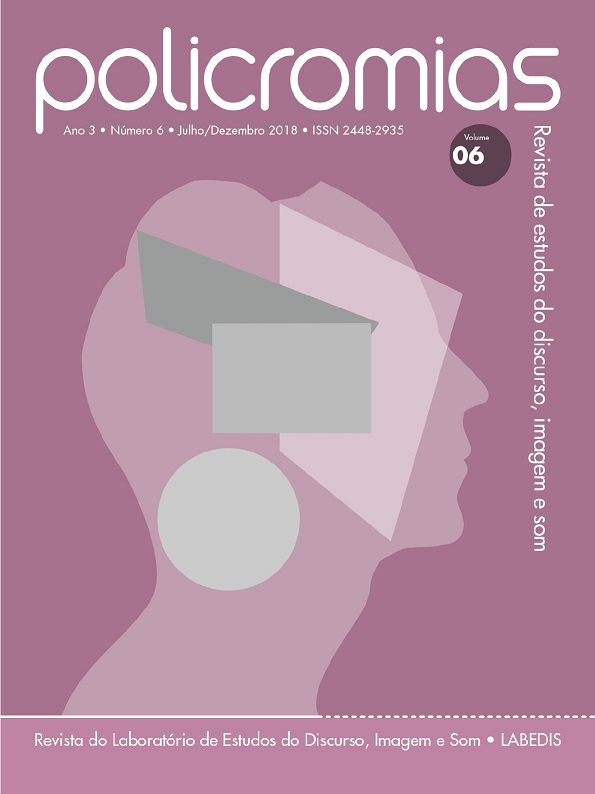CULTURE AS AN EXPERIENCE OF IDENTITY FORMATION IN FOREIGN LANGUAGE LEARNING
DOI:
https://doi.org/10.61358/policromias.v3i2.22198Palabras clave:
culture, identity formation, foreign languageResumen
That language and culture are viscerally tied to one another is irrefutable. By and large, they seem to work in tandem. At least that used to be the case. But currently many argue that the phenomenon of globalization has thrown a spanner in the works. Among other things, it has rendered murky the very identities of individual languages as well as those of the distinct cultures that are supposed to correspond to them (Appadurai, 1990, Higgins, 2011). As forces of transnationalism gather momentum across the world, these identities are slowly being eroded. Hybridity, it seems, is fast turning out to be the order of the day. Nowhere else is this more visible than the case of ‘World English’, a transnational, transcultural reinvention of the language once confined to good old Albion. Acquiring new language skills as part of an effort to become a citizen of the world necessarily implies reinventing oneself. Evidently this is an endless, ongoing task. Who would have thought that poet Tennyson actually prophesied it when he wrote “Yet all experience is an arch wherethrough gleams that untravel'd world whose margin fades forever and forever when I move”! Maybe we have here an apt definition of ‘languaging’.
Citas
Appadurai, A. (1990). Disjuncture and difference in the global cultural economy. Public Culture. 2. 1-24.
Bieswanger, M. (2004). German Influence on Australian English. Heidelberg: Universitäsverlag Winter GmbH.
Boswell, J. (1936). Tour of the Hebrides Journal of A Tour to the Hebrides with Samuel Johnson, LL.D. London: The Literary Guild.
Errington, J.(2008).Linguistics in a Colonial World. Malden, MA: Blackwell Publishing
Harris, R. (1981). The Language Myth. Duckworth, London.
Higgins, Christina (ed.) (2011). Identity formation in globalizing contexts: Language learning in the new millennium. Berlin: De Gruyter Mouton.
Hutton, C. (1999). Linguistics and the Third Reich. Mother-tongue Fascism, Race and the Science of Language. London and New York: Routledge.
Kachru B. et al. (eds). (2006). The Handbook of World Englishes. Oxford: Blackwell Publishing Ltd.
Mufwene, S. (2008). Language evolution: Contact, competition, and change. New York: Continuum Press.
McIntosh, J. (2005). ‘Language essentialism and social hierarchies among Giriama and Swahili.’ Journal of Pragmatics 37. 1919–1944.
Rajagopalan, K. (1997). Linguistics and the myth of nativity: comments on the controversy over ‘new/non-native’ Englishes. Journal of Pragmatics 27. 225-231.
——— (2001). ELT classroom as an arena for identity clashes. In Grigoletto, M. and Carmagnani, A. M. (eds) English as a Foreign Language: Identity, Practices, and Textuality (pp. 23-29). Sao Paulo, Brazil: Humanitas.
——— (2003). The ambivalent role of English in Brazilian politics. World Englishes 22. 2. 91-101.
——— (2004). The concept of ‘World English’ and its implications for ELT. . ELT Journal. 58. 2. 111–117.
——— (2005). Language politics in Latin America. AILA Review 18. 76-93.
——— (2006). A response to Anthony Bruton. ELT Journal. 60.1. 99.
——— (2007). Revisiting the nativity scene. Studies in Language. 31.1. 193-205.
——— (2011). Colonial hangover and the new, ‘hybrid’ Englishes. In: Agnihotri, R. K. and Singh, R (eds). Indian English: Towards a New Paradigm. (pp. 206-214). New Delhi: Orient Blackswan.
——— (forthcoming). World English’ or ‘World Englishes’? Does it make any difference? International Journal of Applied Linguistics.
Trudgill, P. (2004). Glocalization and the Ausbau sociolinguistics of modern Europe. In A. Duszak and U. Okulska (eds.). Speaking from the Margin: Global English from a European Perspective. (pp. 40-52). Frankfurt am Main: Peter Lang.
Wright, S. (2004). Language Policy and language Planning: From Nationalism to Globalisation. New York: Palgrave Macmillan.

